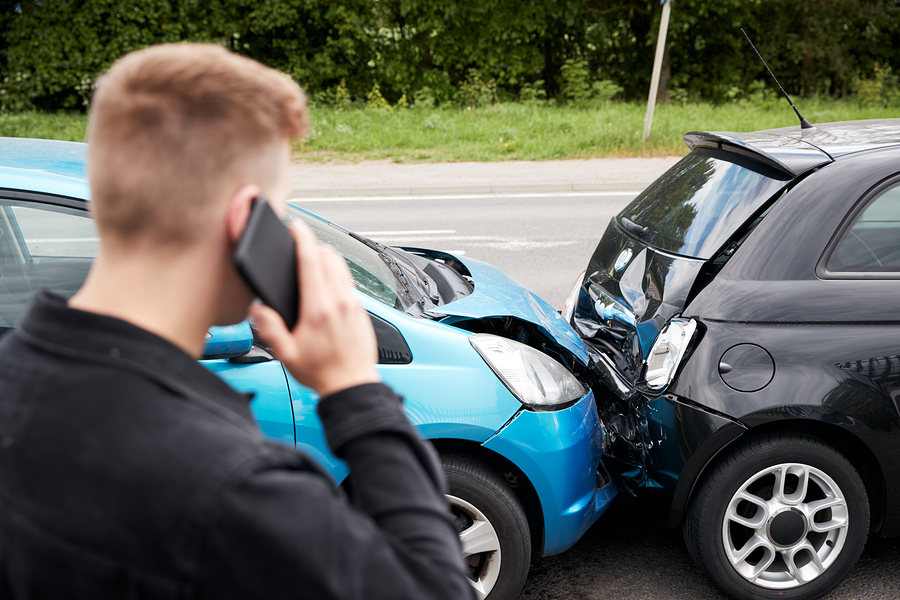What is Comparative Fault
A Tradition of Excellence
 Sampling of Successful Case Resolutions
Sampling of Successful Case Resolutions
 Read our answers to some frequently asked questions.
Read our answers to some frequently asked questions.
Statement
 View Our Mission Statement
View Our Mission Statement

Full Coverage Insurance Can be Misleading
December 4, 2017
Work Sports Teams and Workman’s Comp
July 9, 2018What is Comparative Fault – What happens when the person and/or company you have filed suit against claims that you were partly, or even totally responsible for the accident that injured you? In Connecticut is a “comparative fault” state, known as comparative negligence. Comparative Fault is a partial legal defense that reduces the amount of damages that a plaintiff can recover in a negligence-based claim, based upon the degree to which the plaintiff’s own negligence contributed to cause the injury.
Consider this example:
Maybe you are that person that just barely pushes the limit on speeding, just a couple miles per hour (won’t normally get you a ticket…)
So as you are driving along under the green light at an intersection you get hit by someone that just ran a red light. During the course of the investigation you were found to be driving too fast. Or if you go through the green light without first looking to make sure no one is coming through the red light, believe it or not you can be found partially at fault for the accident. You could now be determined to be at fault, even if only 10%. The other driver could then be determined to be only 90% at fault and therefore would change the damages you could collect if you had not been going just that few miles over the limit.
In Connecticut this comparative fault rule would then reduce by 10% the final damages. If you were due $10,000.00 you would only then collect $9000.00. If you were determined to be more at fault your portion would be reduced comparatively.
So what if you were more than 50% at fault? If your case goes to trial courts in CT are required to apply this comparative fault rule in cases that include personal injury. In cases where over 50% fault falls on the plaintiff, you would no longer be awarded a settlement. In short, if the jury determines that you are 51% at fault for your own injuries you would recover no compensation no matter how badly injured you were or how much your monetary loss is.
We take personal injury cases very seriously and devote the time and resources necessary to bring your case to a successful resolution. We have much experience in working up the case to eliminate or minimize any comparative negligence that may be attributed to you. As an experienced lawyer, Tavis Tindall understands the importance of working closely with clients from beginning to end. From car accidents to slip-and-fall accidents and spinal cord injuries, attorney Tindall and his staff provide quality service while maintaining the highest ethical standards. For a free consultation with a Waterbury personal injury attorney, please call 203.755.0018 or contact us online. All cases are taken on a contingency fee basis. If we accept your case, you pay no fee unless we recover damages for you.










